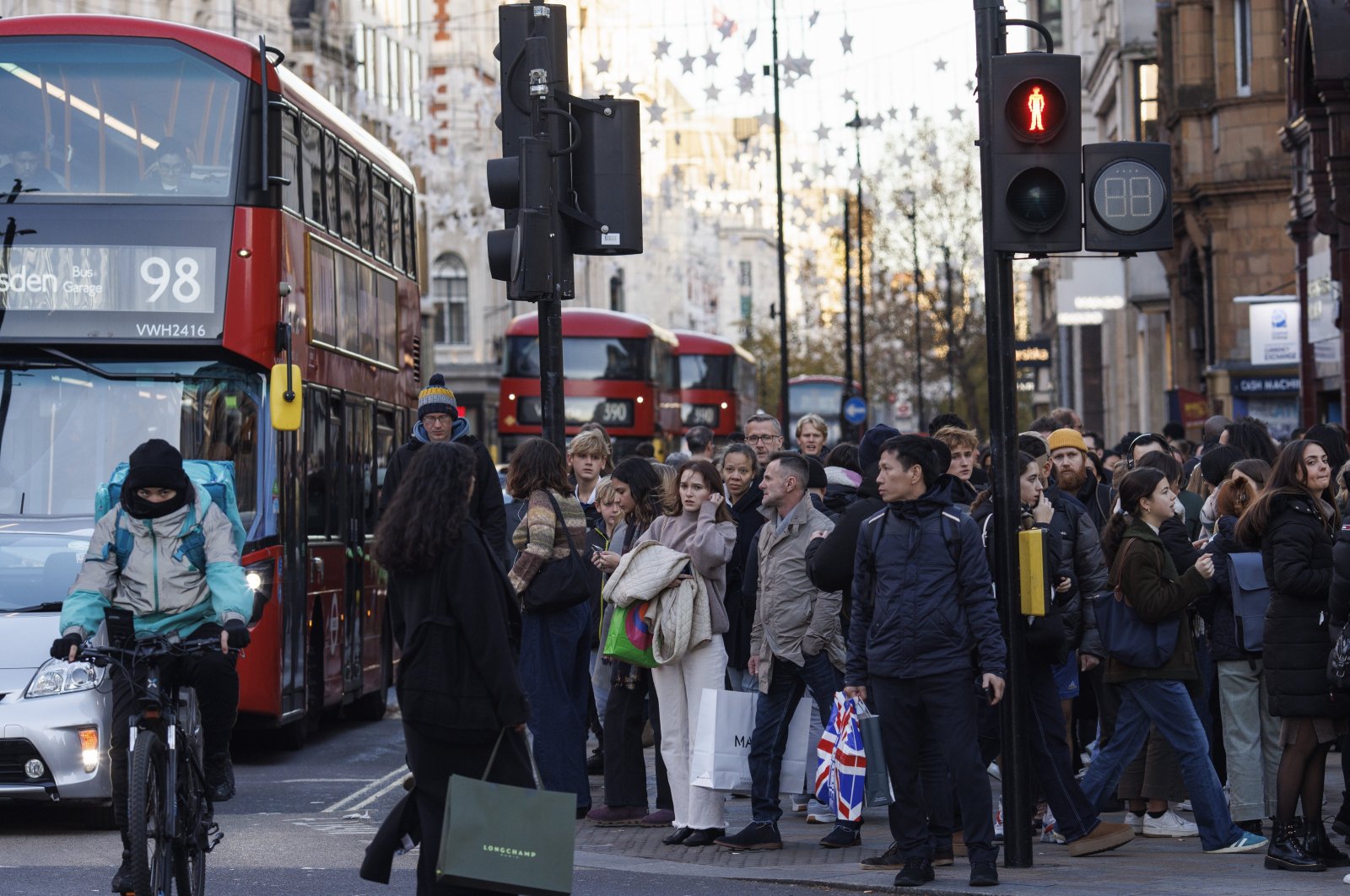
UK inflation eases to over 2-year low to bolster BoE rate cut bets
In November, inflation in the United Kingdom eased to its lowest rate in more than two years, prompting investors to pile further into bets that the Bank of England (BoE) may start cutting interest rates sooner than expected.
The annual rate of increase in the consumer prices index (CPI) dropped to 3.9% from 4.6% in October, pushed down partly by petrol prices, for its lowest reading since September 2021, the Office for National Statistics (ONS) said Wednesday.
The headline inflation reading was below all forecasts in a Reuters poll of economists, which had pointed to a figure of 4.4%. Core and services measures of inflation – closely watched by the BoE – also dropped.
Investors moved to price in a BoE rate cut by May 2024 fully. The pound shed almost half a cent against the U.S. dollar, falling from $1.271 to $1.266. British government bond yields also fell sharply.
British inflation no longer looks like an outlier in international terms, with its headline inflation rate now matching that of France.
However, British consumer prices have risen since 2020 by almost 21% – more than any other Group of Seven (G-7) advanced economy and the joint-highest increase in Western Europe.
BoE officials have been cautious about whether recent signs of cooling inflation truly represent a sign that persistent, longer-run price pressures are receding.
"This provides strong evidence that disinflationary pressures are building in the U.K.," PwC economist Jake Finney said. "Headline, core and services inflation are all now materially below the Bank of England's expectations in their last November Monetary Policy Report."
Last week, the central bank left its main interest rate at a 15-year high of 5.25%, where it has stood since August following the end of nearly two years of hikes. Bank Governor Andrew Bailey said interest rate policy would likely have to remain "restrictive for an extended period of time."
It has managed to get inflation down from a four-decade high of over 11% but still has a way to reach its target of 2%.
Higher interest rates targeted a surge in inflation, first stoked by supply chain issues during the coronavirus pandemic and then Russia's invasion of Ukraine, which pushed up food and energy costs.
While the interest rate increases have helped in the battle against inflation, the squeeze on consumer spending, primarily through higher mortgage rates, has weighed on growth in the British economy. There are growing worries that rates will stay high for too long, unnecessarily damaging the economy.
Samuel Tombs, chief U.K. economist at Pantheon Macroeconomics, said November's surprisingly sharp fall in inflation "reinforces the likelihood" that the central bank will begin to reduce interest rates in the first half of 2024, "far earlier than it has been prepared to signal so far."
The ONS said transport – and particularly motor fuels – was the biggest downward contributor to inflation in November.
A much smaller rise in food and drink prices than in November last year also helped, although they remain 27% higher than two years ago.
Treasury chief Jeremy Hunt said the data showed inflation pressures were being removed from the economy. Opposition Labour Party spokesperson Rachel Reeves said people were worse off after 13 years of Conservative government.
Prime Minister Rishi Sunak is set to meet his promise to halve inflation this year and is expected to call a national election in 2024.
Core inflation, which strips out energy and food prices, dropped unexpectedly sharply, falling to 5.1% from 5.7%.
The rate of services inflation – which BoE officials pay particular attention to as a gauge of domestically-generated inflation – fell to 6.3% from 6.6%.
Separate data showed manufacturers' raw materials costs were 2.6% lower than a year earlier, the same pace of decline as in October, and the biggest joint since July. Producer output prices fell 0.2%, slightly less than the 0.5% decrease forecast by economists in a Reuters poll.



